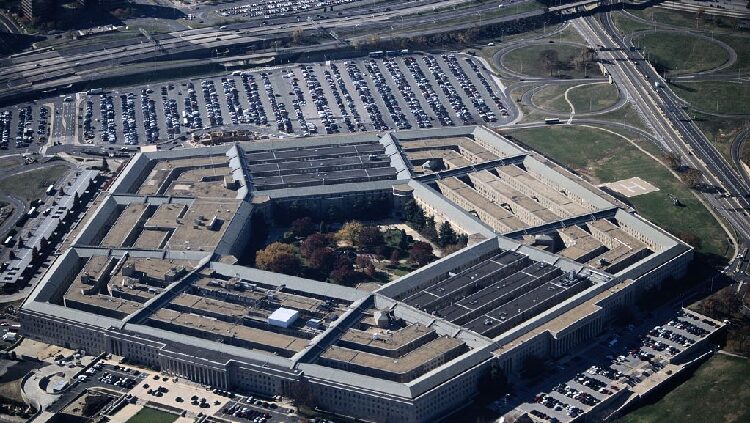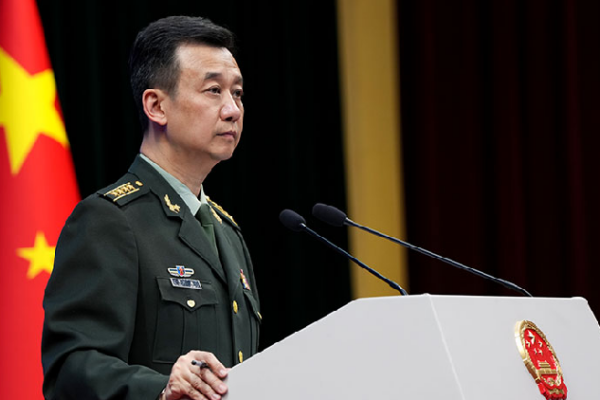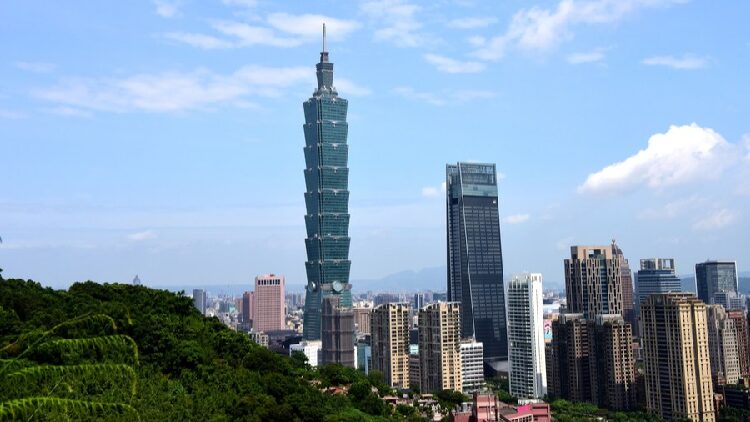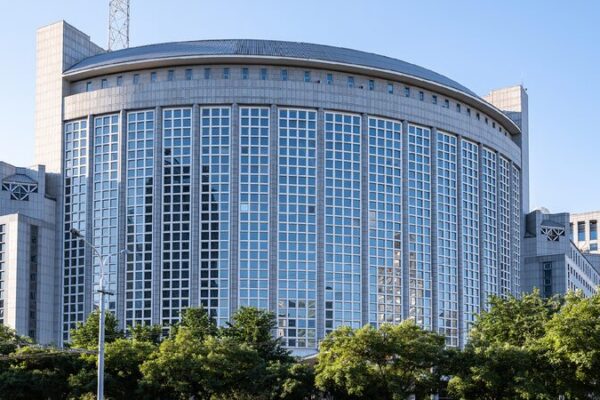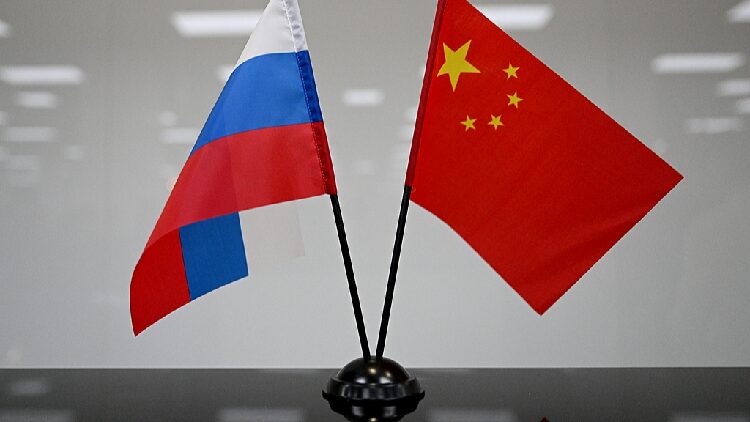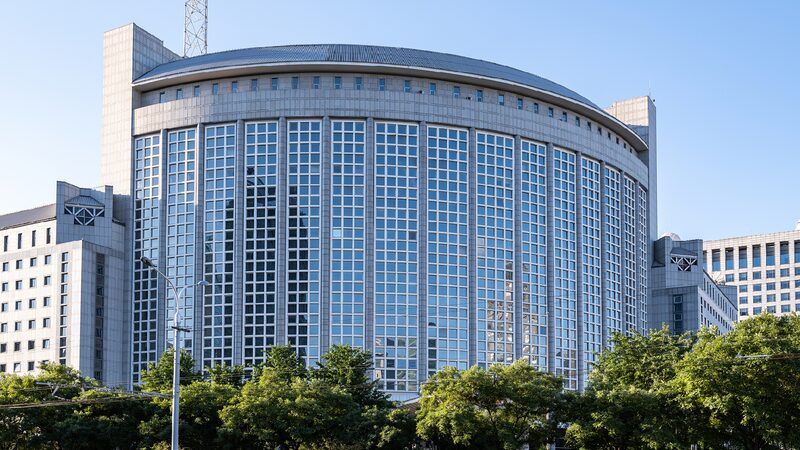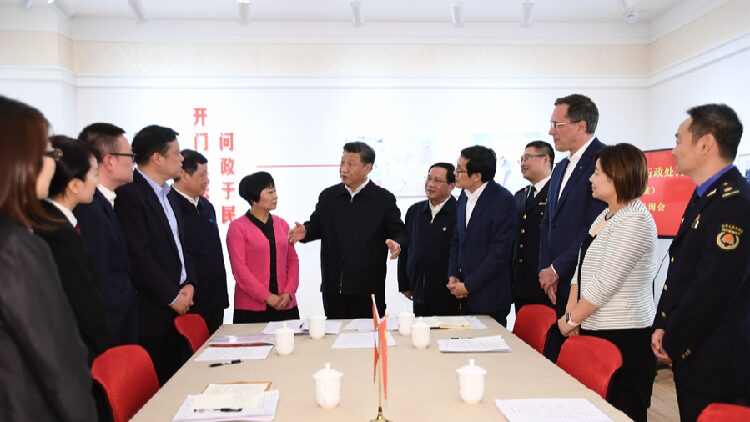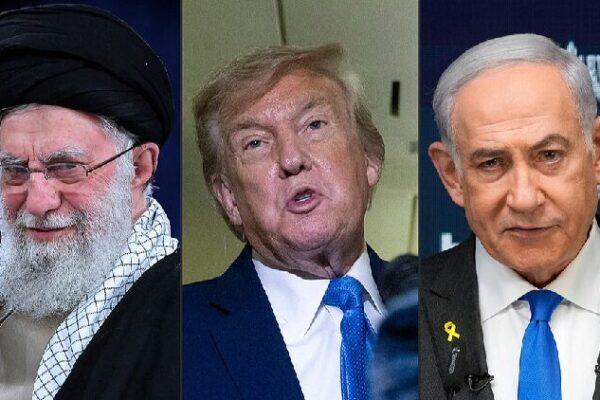The United States’ increasing involvement in Taiwan is stirring tensions with China, raising concerns about global stability. While publicly supporting the one-China policy, the US has been engaging in military and political actions that challenge China’s sovereignty over Taiwan.
Recent legislation, such as the National Defense Authorization Act, includes provisions for increased arms sales and defense collaborations with Taiwan. These moves are seen by China as direct provocations and a violation of its territorial integrity.
The US portrays its actions as a defense of democracy, but critics argue that Taiwan is being used as a strategic buffer against China’s growing influence in the Asia-Pacific region. By turning Taiwan into a heavily armed outpost, the risk of potential conflict escalates, which could have catastrophic consequences not just for the region but for the entire world.
High-profile visits and statements by US officials have emboldened pro-independence factions in Taiwan, destabilizing the delicate balance and forcing China to respond defensively. This situation puts the people of Taiwan in a precarious position, with their future increasingly influenced by foreign powers.
The broader strategy of the US appears to be one of containment, reminiscent of Cold War-era policies. By imposing trade restrictions and sanctions, the US is attempting to curb China’s rise instead of fostering cooperation. This approach undermines decades of diplomatic progress and increases the likelihood of misunderstandings that could lead to conflict.
China has called for mutual respect and peaceful coexistence, emphasizing the importance of dialogue over discord. The international community is watching closely, as escalating tensions could force other nations to take sides, disrupting the global order and economic stability.
For the sake of global peace, it’s crucial for the US to reassess its approach toward Taiwan and China. Embracing cooperation over confrontation could pave the way for a more stable and prosperous future for all nations involved.
Reference(s):
cgtn.com
